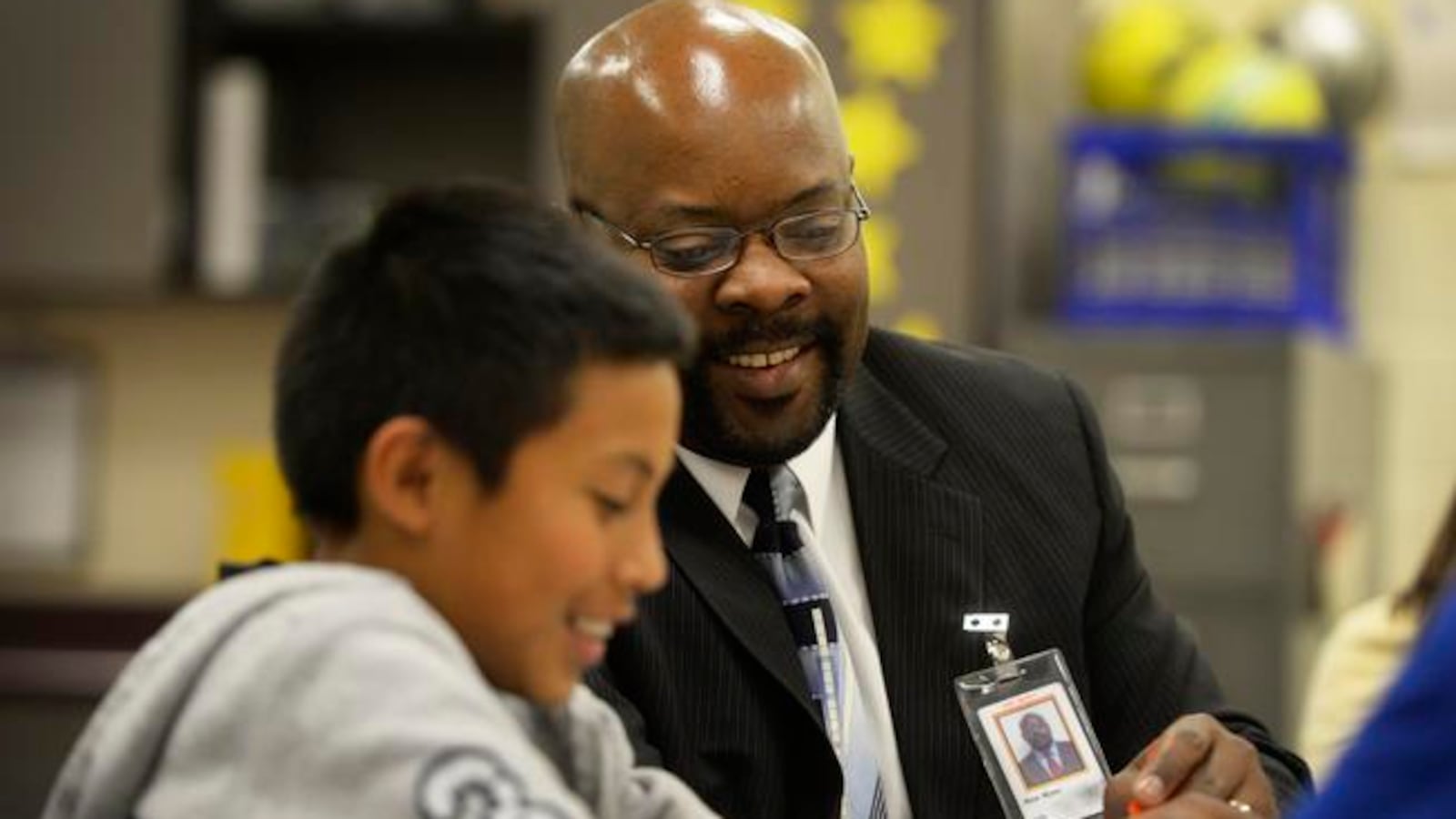Months after the Aurora school board learned about teacher and staff surveys that showed a lack of trust and communication in the district, the school board on Tuesday adopted a new goal on fostering collaboration.
“I believe this is something we can all work on,” said board member Debbie Gerkin, who led the effort to draft the new district goal.
“It is the board’s belief that collaboration will deepen learning for students and staff, inspire creative problem solving, improve communication, build trust, enhance the value of cultural diversity, foster respect and well-being, and support stakeholders through change,” the goal states.
The board initially discussed creating a new goal in May when it learned results of the state’s annual teacher surveys.
Drilling into responses, district administrators and board members identified problems with how employees perceive the district. Aurora Public Schools had the second-highest response rate for the survey in the metro area.
One question, for instance, asked for views on the statement, “staff feel comfortable raising important issues with school leaders.” Among Aurora staff who responded, 32 percent disagreed or strongly disagreed.
In another instance, 37 percent of staff disagreed with the statement, “teachers have an adequate level of information on important school decisions.”
“It seems to pop up again and again,” said Cathy Wildman, a veteran board member. “People should enjoy coming to work.”
Superintendent Rico Munn responded to concerns in that May meeting by pointing out that positive responses, such as those to questions on school safety and instructional practices, are on the rise.
When board members asked what the district was doing to address challenges, Munn responded broadly about how the district has tried to create more standard ways to look at and use the data from those surveys. He also acknowledged there was more work to do.
“I think you’ve seen by the increase in the return rate some higher level of confidence in the utilization of that data,” Munn said. “I think over time that helps address some of these communication and trust issues.”
But the board wanted more.
In the last several meetings, the board had discussed two options to convey how much it wants to improve the atmosphere in the district.
One option, initially, was to spell out rules in board policy, under what is called an executive limitation, detailing how the superintendent should act. The draft included rules such as the superintendent shall not “fail to obtain feedback from those most impacted by substantive decisions and provide a rationale for such actions to those stakeholders.”
But last month the board dropped that option because, board members said, it put all of the onus on the superintendent.
“The limitation limits one person and causes him to limit others,” Gerkin said. “But the goal statement is on all of us, including us, to be part of a collaborative culture.”
Aurora employees and members of the public have criticized Munn, who also is a lawyer, for both the district’s and his own lack of communication.
In the past year, board conversations about various issues such as the budget, school improvement efforts and long-term planning have included lengthy discussions about how the district is communicating or engaging the community.
Munn has at times pointed out that the district has tried various approaches and is still searching for the best way to engage communities.
After approving the new goal, board members said they will now think of ways to measure if the district is improving. That assessment likely will include the teacher surveys that prompted their concern in the first place.


